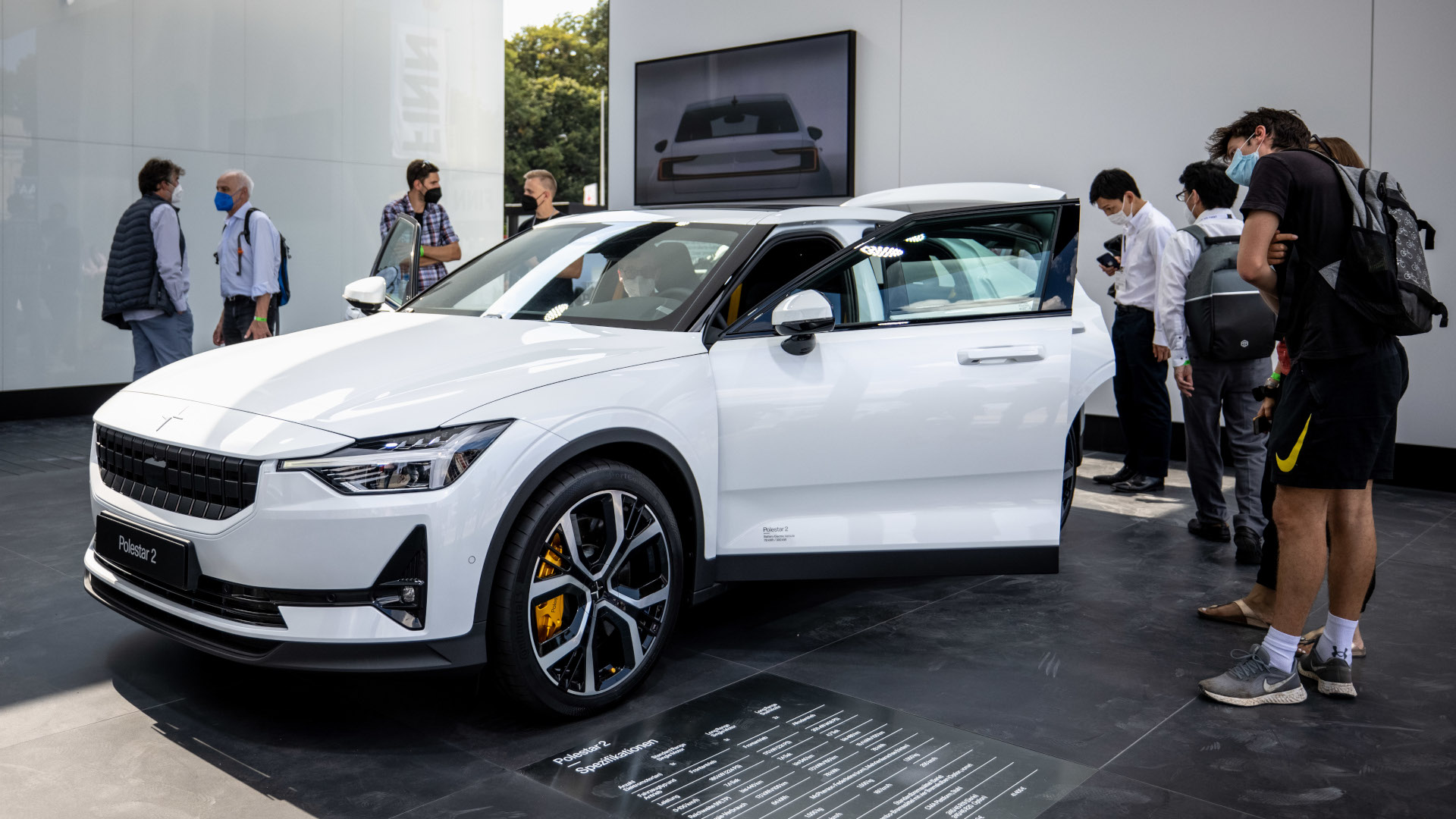

Polestar has made a name for itself as a competent manufacturer of electric vehicles. It’s not resting on those laurels, though. The Sweden-based company has decided to launch its own smartphone with an eye to creating a smoother user experience across car and tech.
The new project was revealed by Polestar CEO Thomas Ingenlath in an interview with CNBC, which took place at the IAA Mobility show in Munich this week. Polestar’s Chinese parent company, Geely, owns Xingji Meizu, a tech company that is charged with manufacturing the new smartphone. The device is slated for launch in December alongside the first Chinese deliveries of the Polestar 4.
It’s not the first time the two companies have worked together. The announcement comes just months after reports that Xingji Meizu would build an operating system for Polestar cars sold in China. While Polestar uses an Android-based OS in its vehicles with Google services, those services are restricted by the Chinese government. Having a phone and a car running a locally-built operating system makes a lot of sense for one of the largest auto markets in the world.

Xingji Meizu is not a major player in China’s smartphone space, with that title reserved for companies like Apple and Oppo. The collaboration appears to be an effort by Polestar to link smartphone technology more closely with the automobile itself. “Where you have an opportunity to link these two worlds, without any border… then you can really have a seamless transition,” Ingenlath told CNBC.
It’s an idea that makes some sense. Many drivers have suffered through poor smartphone experiences when it comes to cars, from clunky Android Auto or Apple CarPlay integrations, to manufacturer apps that never quite work right. “I still have problems to get, you know, an SMS displayed,” Ingenlath noted.

Designing a smartphone from the outset to work with a car could solve this problem, though it’s unlikely to be a particularly compelling device in its own right. The pace of technological change in the mobile world is rapid, and it’s hard to imagine too many new car buyers giving up top-quality cameras and online cloud services to use a phone that works a little bit better with their car.
It’s also worth considering that this may be an attempt to push Xingji Meizu to a higher level. The company currently focuses on producing mid-tier smartphones, but Ingenlath notes that the Polestar phone will be a “premium” device.
Funnily enough, Polestar isn’t the only company playing in this space, either. Chinese EV manufacturer Nio is currently planning to launch its own phone this month.
As smartphones have become the cornerstone of our lives, it’s only natural that the automotive world has had to adjust to them. Some automakers are diving in by directly integrating software from major tech companies like Google, while others have rebelled and are going their own way, eschewing Big Tech entirely.
Fundamentally, Polestar’s strategy of building a phone of its own is a bold one. Done well, it has the opportunity to create an experience that seamlessly integrates their cars into an owner’s broader digital world. Reducing pain points in this area is admirable. Regardless, it’s hard to see Polestar buyers giving up flagship iPhones and Androids, and all the services they entail, just to ease pairing their smartphone with a car.
Got a tip? Let the author know: lewin@thedrive.com